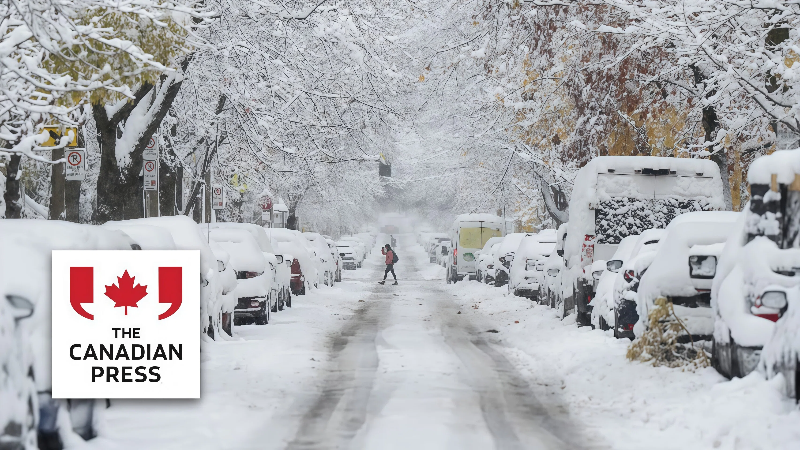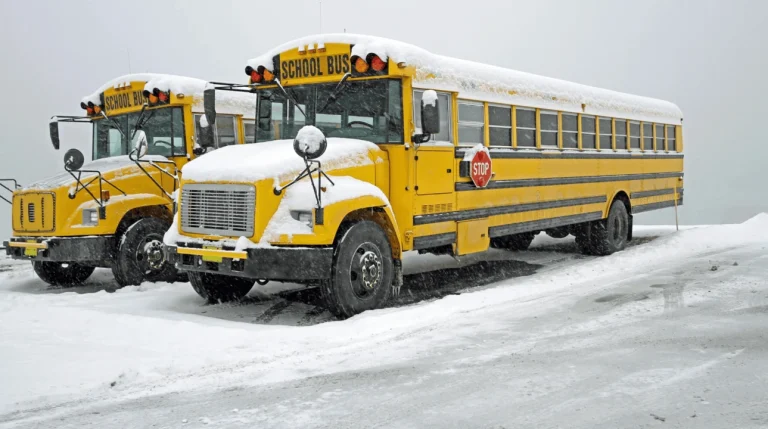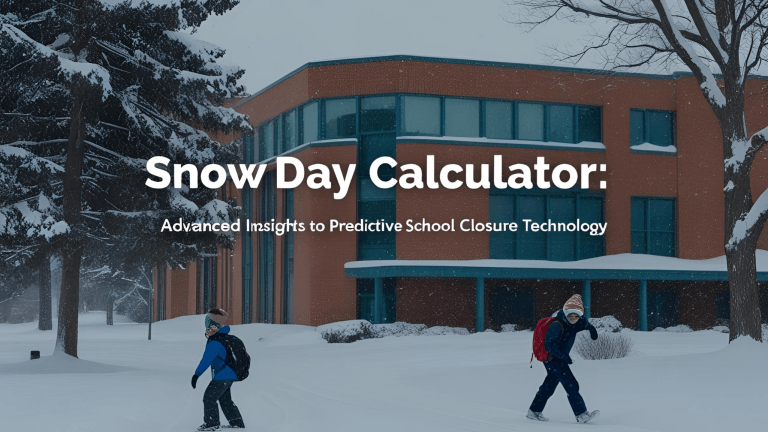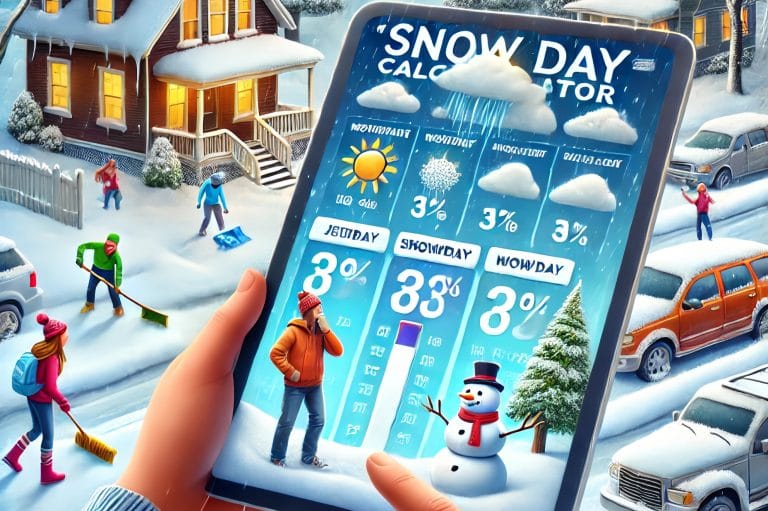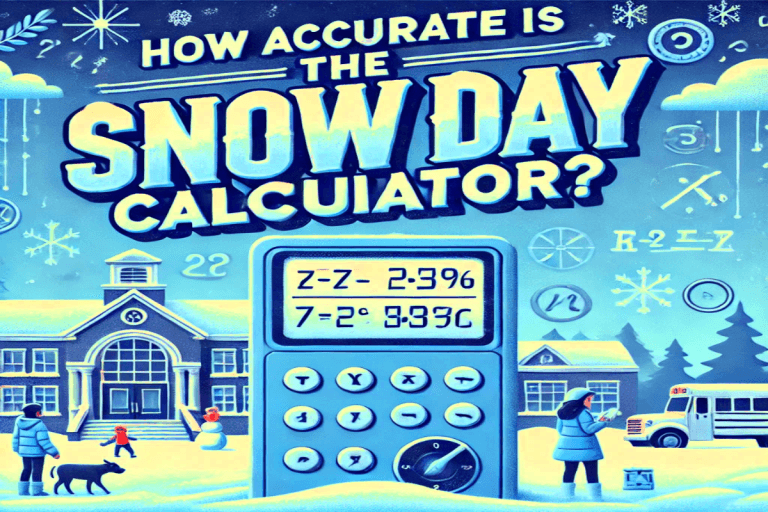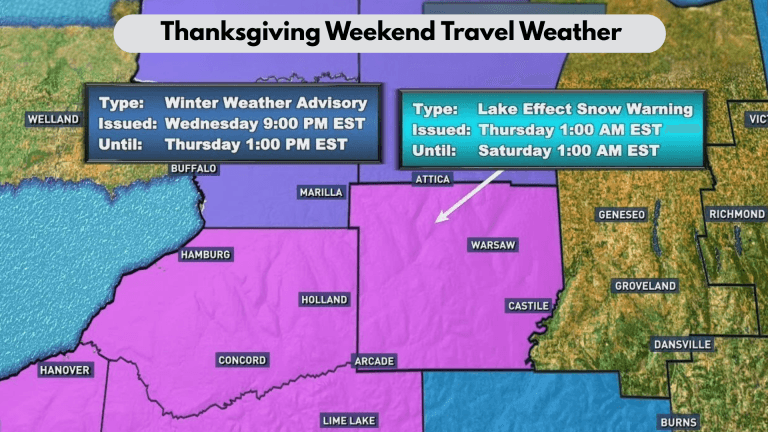Quebec woke up to a winter surprise this week. Heavy snow fell fast, knocking out power for hundreds of thousands of homes. Schools closed, roads turned slippery, and families had to stay home. It’s not just a small inconvenience—it’s a real challenge for everyone.
What Happened?
Snow started falling Sunday night. By Monday morning, many places had 10 to 20 cm of snow. The worst hit areas were Montreal, Montérégie, and Lanaudière. Trees and branches broke under the weight, pulling down power lines. Over 360,000 homes lost electricity at the peak.
Why Did Schools Close?
Schools closed because of unsafe roads and no power. No electricity means no heating, lights, or computers. Many school boards, like Sir Wilfrid Laurier and Riverside, told students to stay home. Some schools opened later, but most stayed closed for safety.
WATCH | School closures, slippery roads:
List of School Closures Today
Here are some schools closed due to snow and outages:
- Laurentian Elementary
- McCaig Elementary
- Phoenix Alternative
- Rosemere High
- St-Paul
- Harold Sheppard School
- All schools in Centre de services scolaire des Affluents
- Centre de services scolaire des Grandes-Seigneuries
- Centre de services scolaire de Saint-Hyacinthe
Check your school board’s website for updates. Some schools opened later, but many stayed closed for safety.
How Bad Were the Power Outages?
Hydro-Quebec reported over 360,000 homes without power. The damage came from heavy snow and wet leaves weighing down trees. Branches hit power lines, causing outages. Repair crews worked non-stop to fix the lines.
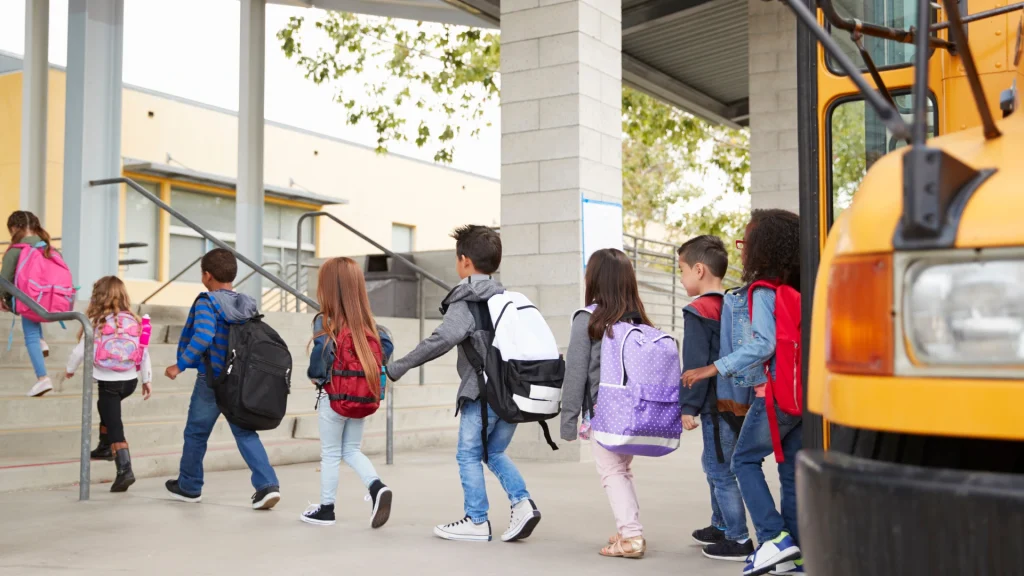
What Causes Power Outages in Quebec?
- Heavy, wet snow
- Trees and branches breaking lines
- Old or faulty equipment
- Animals interfering with infrastructure
About 40% of outages are due to damaged trees. Storms can knock out power by themselves, especially if the Heavy Snow is wet and heavy.
How Long Do Outages Last?
Most outages last a few hours to a full day. If the damage is big, it can take longer. Hydro-Quebec’s outage map shows real-time updates. You can enter your address to see if your area is affected. If it’s a big storm, outages can last longer, especially in rural areas.
What to Do During a Power Outage
- Keep your phone charged.
- Use flashlights, not candles.
- Keep the fridge closed.
- Bundle up with blankets.
- Check on vulnerable neighbours.
It’s smart to have an emergency kit ready. Stock up on water, non-perishable food, flashlights, extra batteries, and a radio. This helps you stay safe and comfortable.
Winter Storm Safety Tips
- Don’t drive unless you have to.
- Wear warm clothes and anti-slip shoes.
- Shovel snow safely—bend your knees, don’t twist your back.
- If you’re stuck in your car, clear the exhaust pipe and stay alert for carbon monoxide.
Safety is key during storms. Always check the weather before heading out.
How to Check for School Closures
- Visit your school board’s website.
- Check local news.
- Follow updates on social media.
- Call the school.
- Some sites list school closures by region.
For Montreal, affected schools include Sir Wilfrid Laurier, Riverside, and many others. Boards update closure lists as storms develop.
What to Do If You’re Stranded
- Stay in your home or car.
- Keep warm with blankets.
- Use your phone to call for help.
- Don’t open windows or doors often.
- Eat non-perishable food.
If you must travel, let someone know your route. Always check the Québec 511 website for road conditions.
How to Prepare for a Power Outage
| Preparedness | What to Have |
|---|---|
| Lighting | Flashlight, headlamp, spare batteries |
| Food | Non-perishable items, water |
| Heat | Blankets, warm clothes, candles |
| Communication | Battery-powered radio, phone charger |
| Safety | First-aid supplies, matches, important numbers |
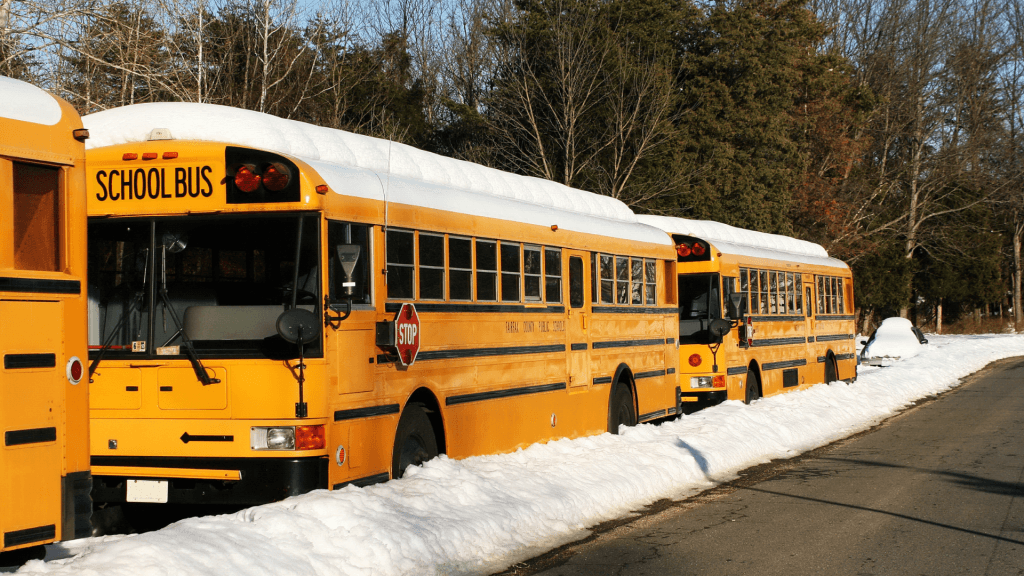
Having these items makes a big difference. Keep your kit somewhere easy to find.
What to Do After Power Is Restored
- Unplug appliances to avoid electrical surges.
- Check for water damage.
- Let your fridge and freezer cool down before use.
- Report any issues to Hydro-Quebec.
Power sometimes goes out again right after restoration. If that happens, check your connections and call your provider.
How to Stay Informed
- Use the Hydro-Quebec outage map.
- Check local news and weather apps.
- Follow your school board’s social media.
- Sign up for community alerts.
Staying updated is the best way to stay safe. Always check for new information throughout the storm.
What Happens When Snow Falls Early?
Snow like this is rare in mid-November, but it’s not impossible. The last time this much Heavy Snow fell early was in 2002. Early Heavy Snow can catch people off guard—especially if winter gear isn’t ready or streets aren’t cleared yet.
What About Winter Tires?
Winter tires are required in Quebec, but not until December 1. Many drivers haven’t installed them yet, which makes driving in heavy snow even more dangerous. It’s best not to drive unless you have to.
What If You’re Traveling?
- Check flight status before heading to the airport.
- Plan for delays or cancellations.
- Pack extra snacks and water.
- Monitor weather warnings.
Travel is risky during storms. Always check before leaving home.

